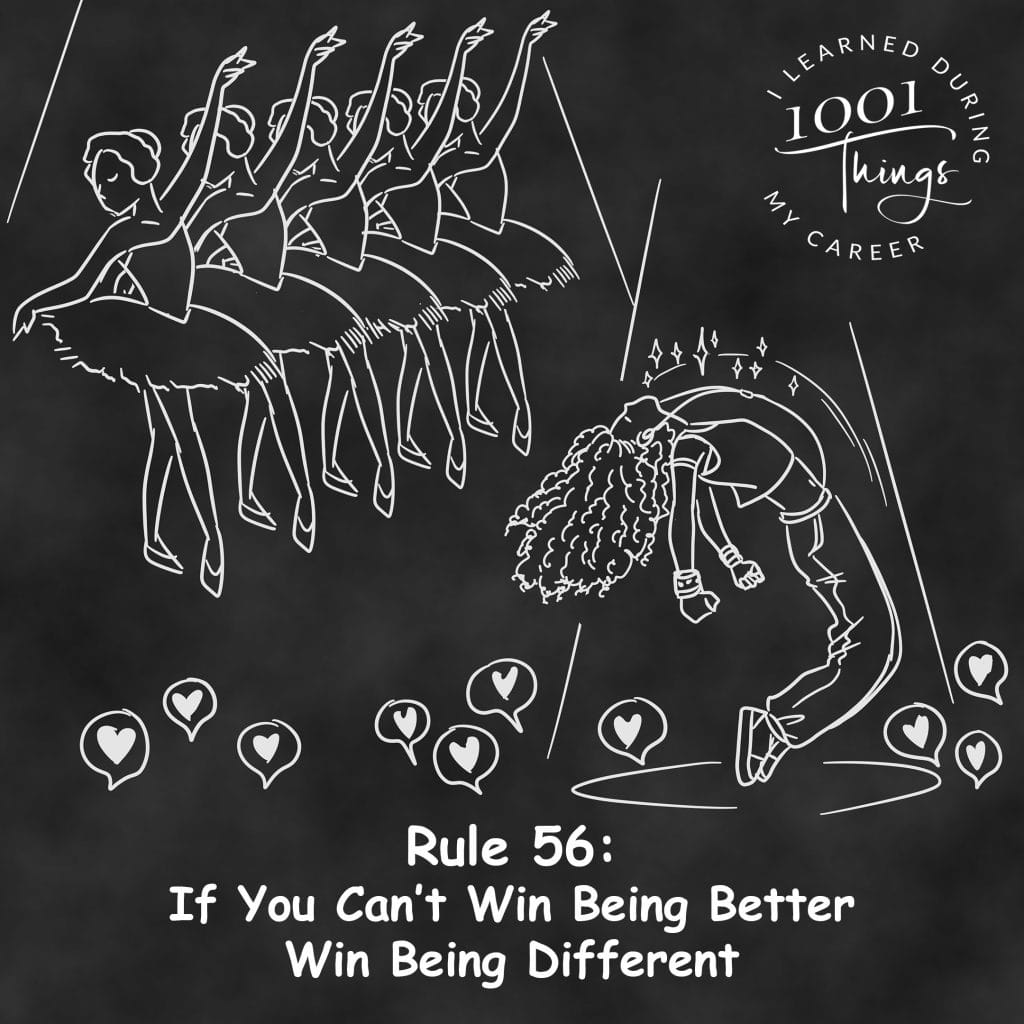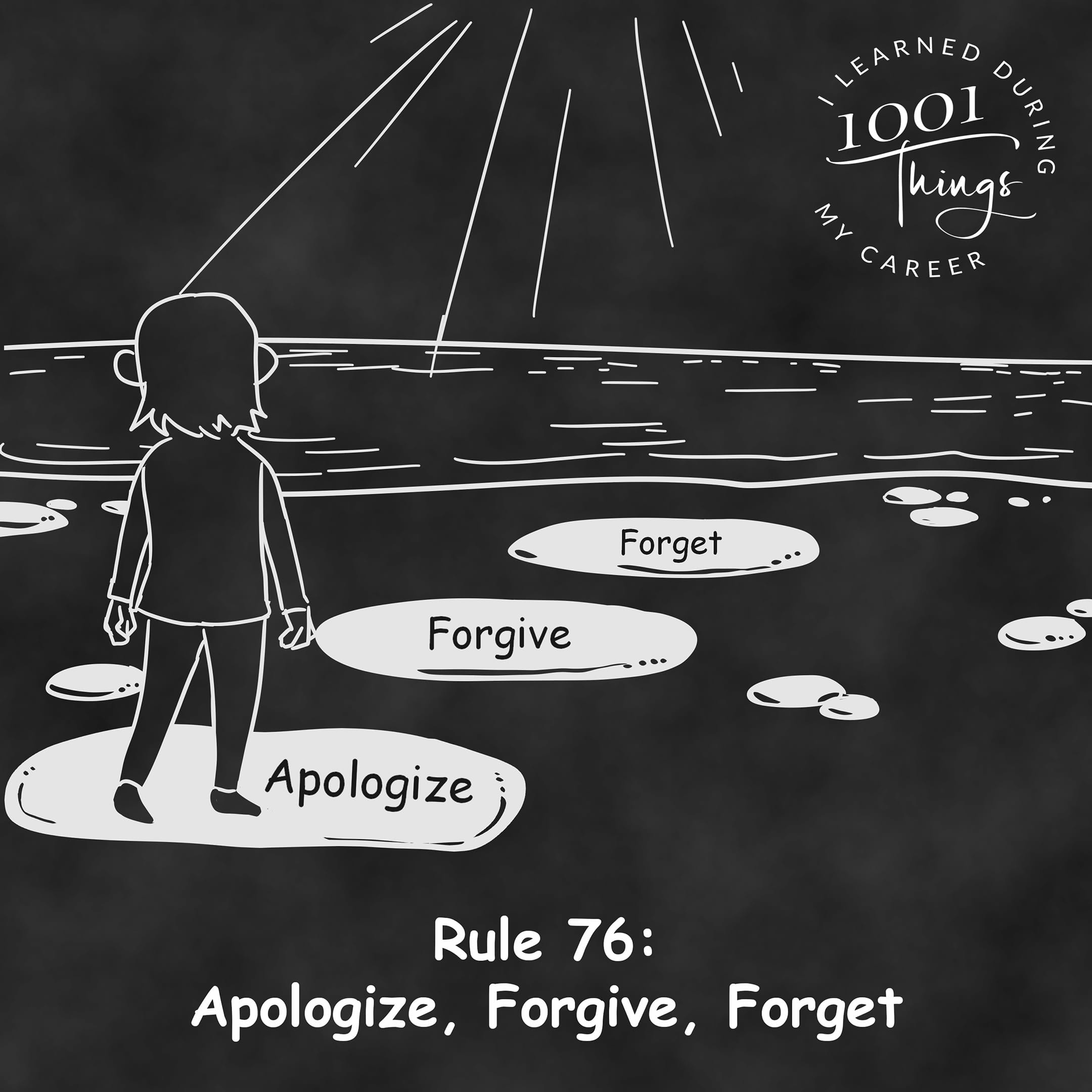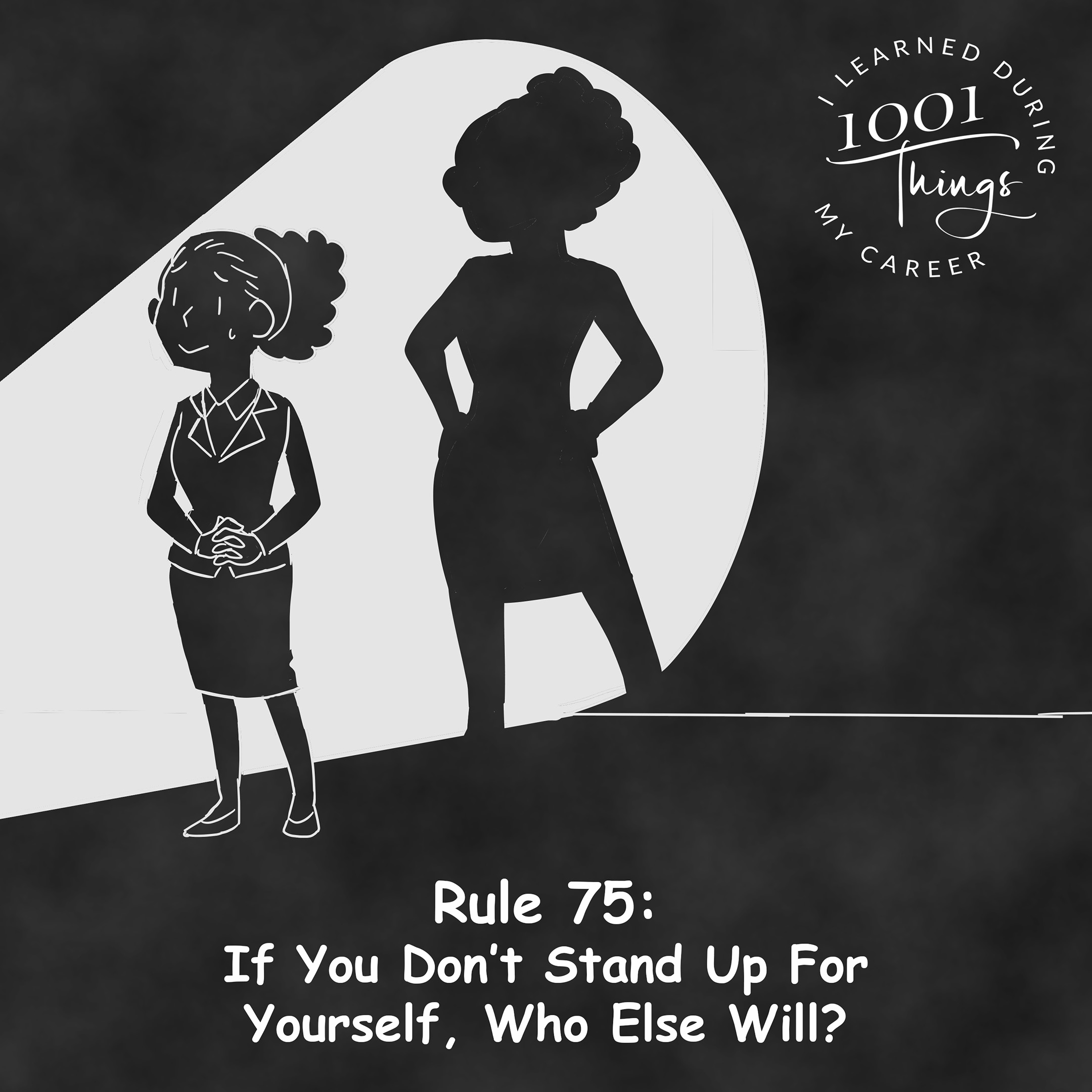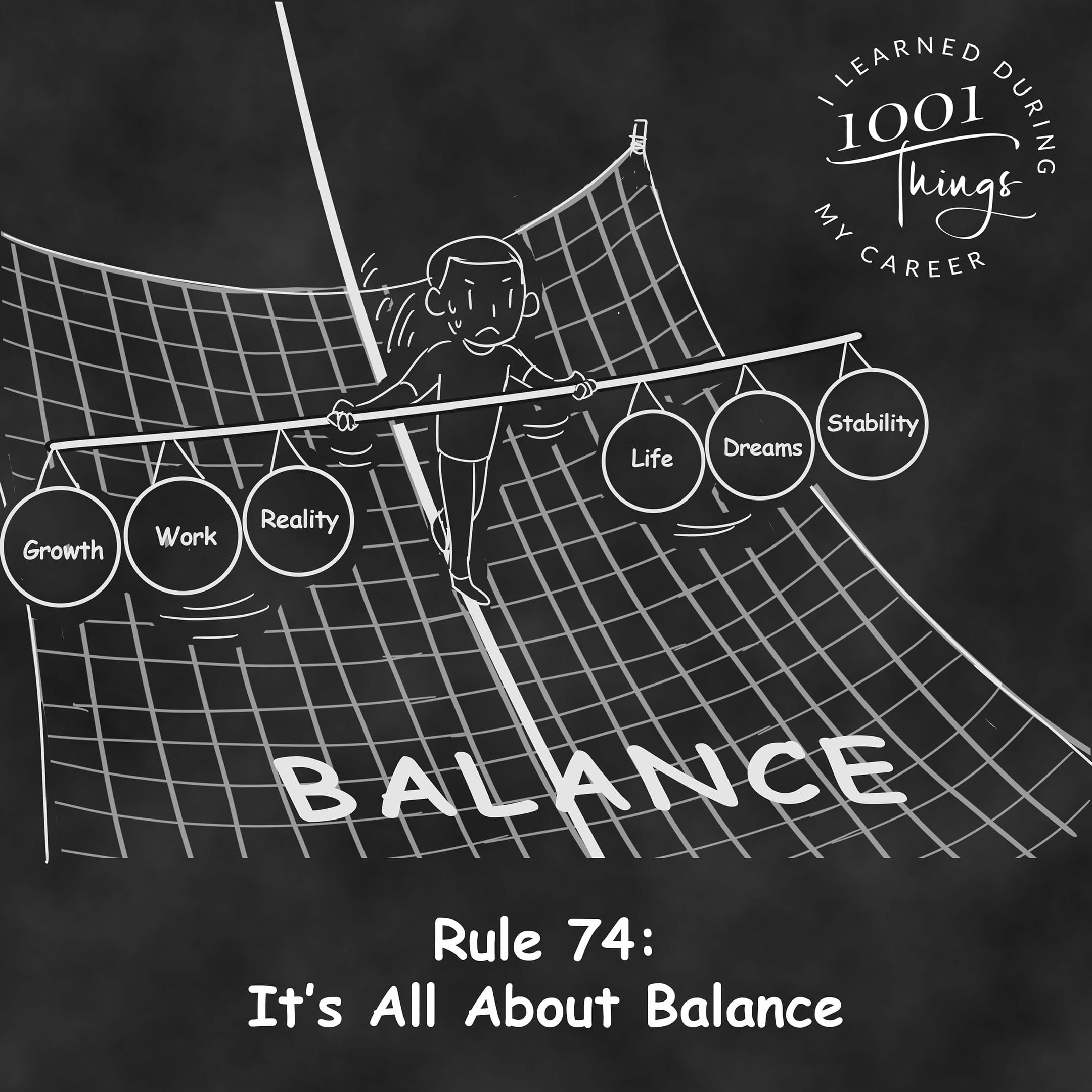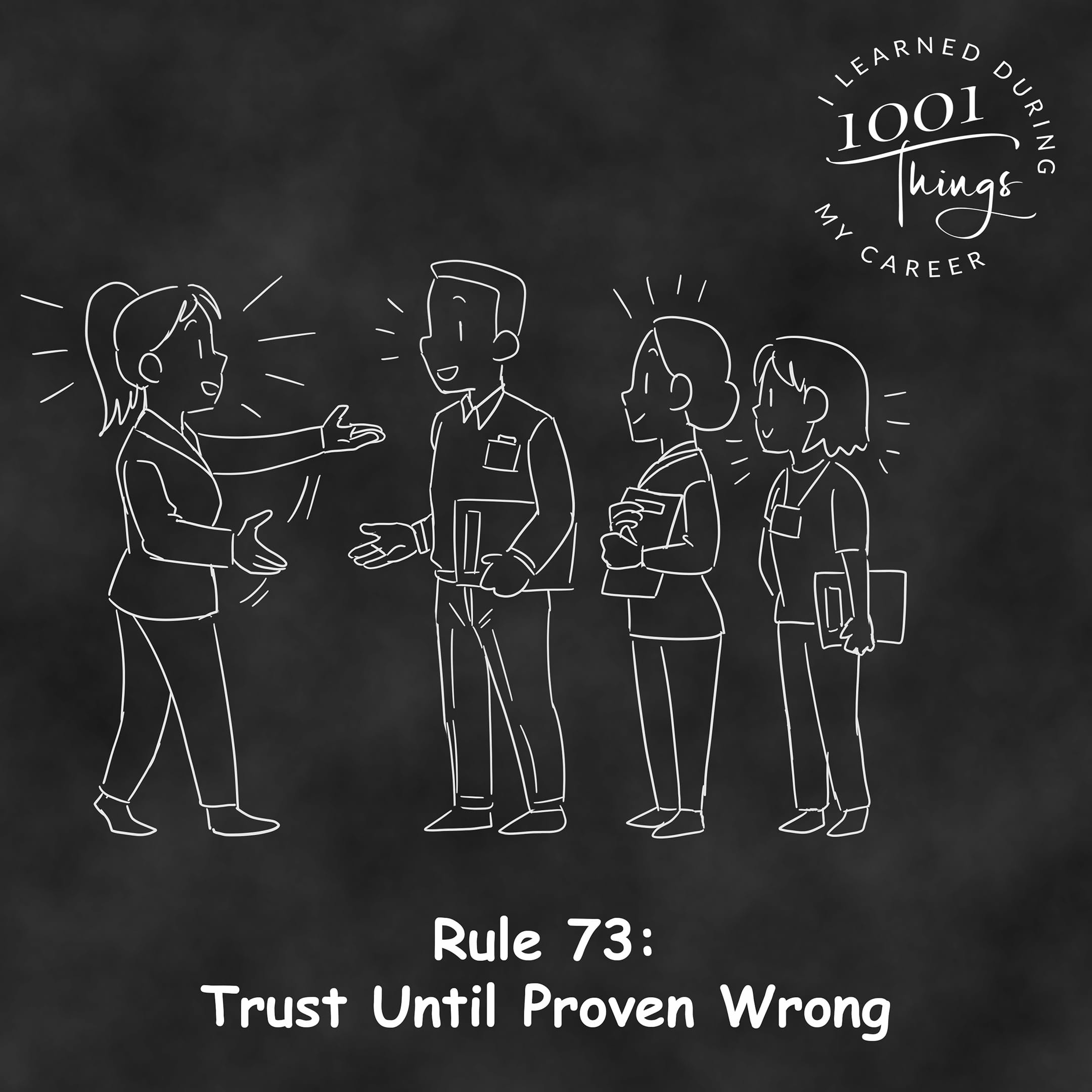In today’s competitive world, we often find ourselves striving for the same goals – money, love, prestige, success, happiness – using the same means. Society teaches us that these are the things worth fighting for and that there’s a conventional way to achieve them. But what if you could step back and reflect on whether these things are truly worth pursuing in the same way everyone else does? And more importantly, what if you could achieve them by playing to your unique strengths rather than competing head-to-head with others?
Consider the business world, where companies constantly compete to offer the best products at the best prices. For a small startup entering a market dominated by giants, it is nearly impossible to win by simply trying to outdo the competition in terms of quality or price. Instead, the key to success lies in differentiation – finding a niche or offering something unique that the competition doesn’t. Take the early days of Apple, for example: when it first entered the computer market, it didn’t try to compete directly with IBM or Microsoft by offering cheaper or more powerful machines. Instead, Apple focused on design, user experience, and branding. By being different, Apple carved out its own space in the market and became a leader in innovation.
In our personal lives, too, we often find ourselves competing for attention, success, or happiness in ways that mirror everyone else’s efforts. But instead of trying to outshine others at their own game, consider how you can stand out by embracing your unique qualities. Perhaps you’re not the loudest voice in the room, but you might be the one who listens most intently and offers the most thoughtful advice. Maybe you’re not the fastest or the strongest, but your creativity or empathy sets you apart.
Selling medicines – especially generics – is much harder than most people assume: unless you have a brand-new product that cures a rare disease, you’re often one of dozens of companies selling the exact same molecule at the exact same price, using the exact same tactics: endless visits to doctors, inflated kickbacks to pharmacies, and an army of marketers trying to outspend each other for minimal gains. It’s a lose-lose game.
In my first role as a marketing manager – just a few years after leaving the military – I joined a company stuck in that cycle. We did what everyone else did: chase doctors, increase spending, fight over scraps. But my boss had a different idea. He proposed something radical at the time: instead of hiring more reps, we’d talk to pharmacists and ask what they needed.
Turns out, they needed a lot: not more samples or discounts, but help with inventory management, bookkeeping, and finding good staff. We designed a support program that had nothing to do with our products and everything to do with solving their problems. Most of it we offered for free, some for a token fee. The cost to us was minimal – yet the value to our customers was enormous. And it worked: relationships deepened, loyalty grew – and all those endless negotiations over discounts, free goods, and other incentives disappeared. The company kept refining this approach long after I left and remains one of the most successful pharmaceutical firms in Switzerland
The truth is, you don’t always have to be better to succeed. Often, the key to winning lies in being different – finding your own path and playing to your strengths in a way that others can’t or won’t. By doing so, you not only stand out from the crowd but also achieve success on your own terms.
So, the next time you find yourself in a competitive situation, ask yourself: Can I win by being better? Or is there a way I can win by being different? Because you don’t always need to outrun the competition – sometimes, you just need to run in a different direction!

